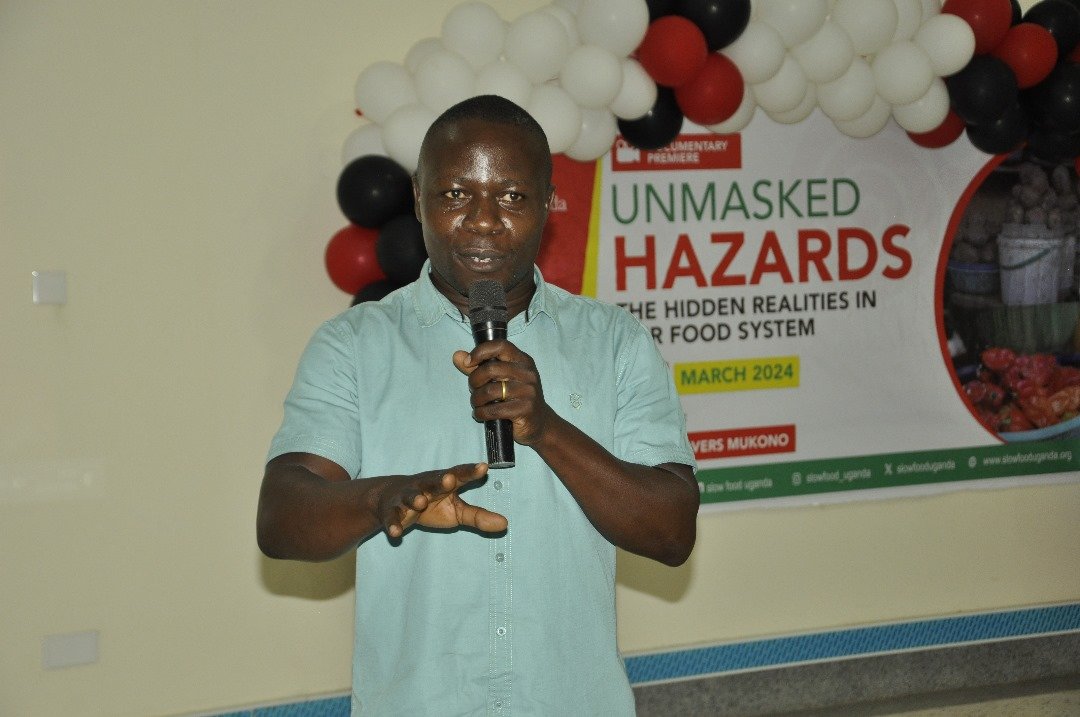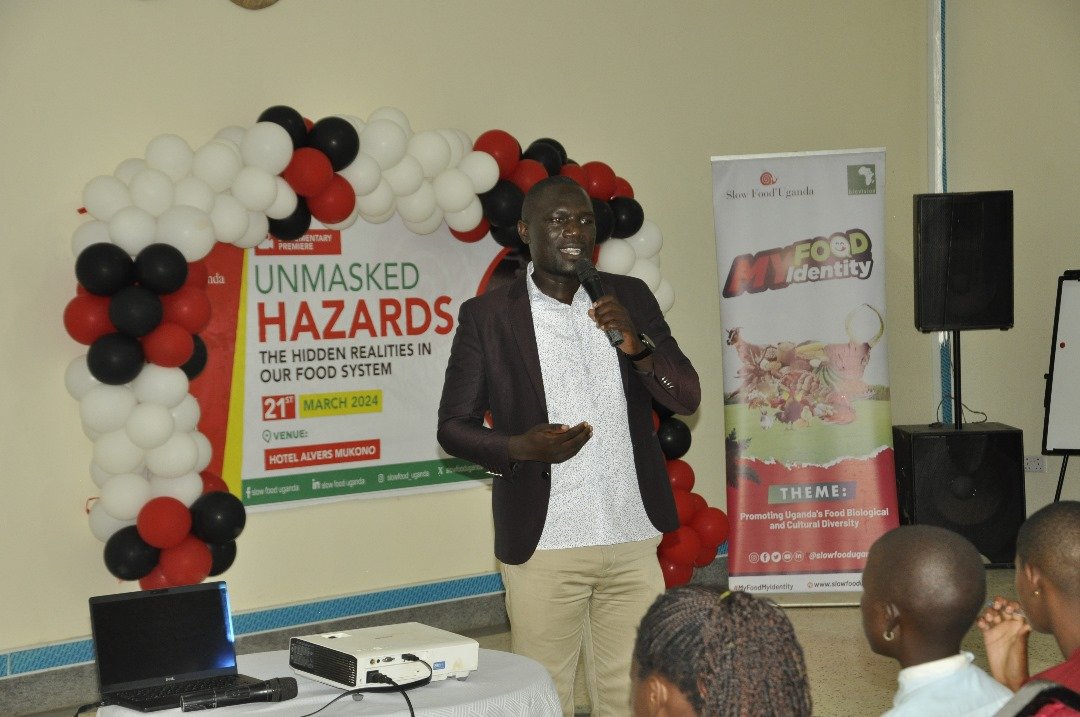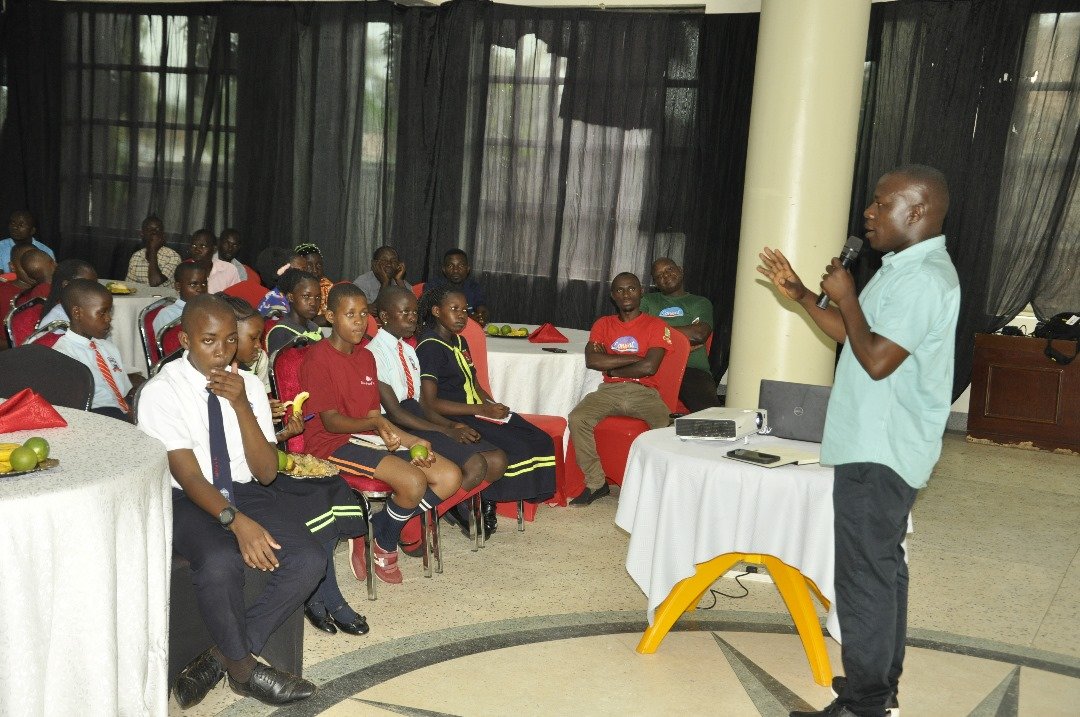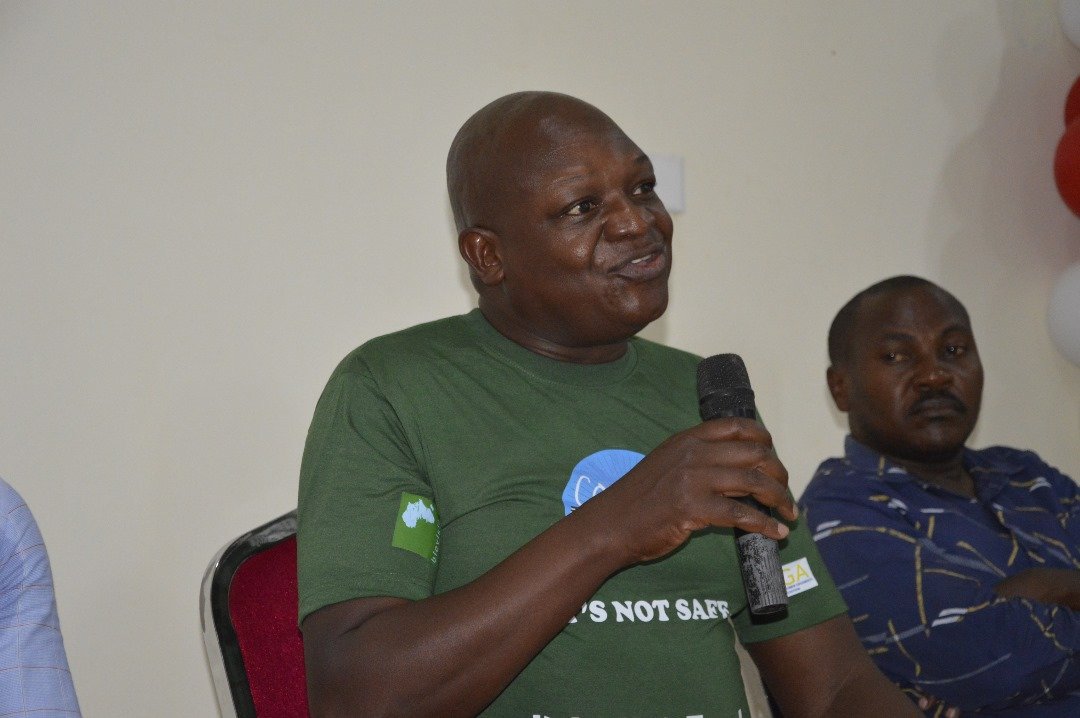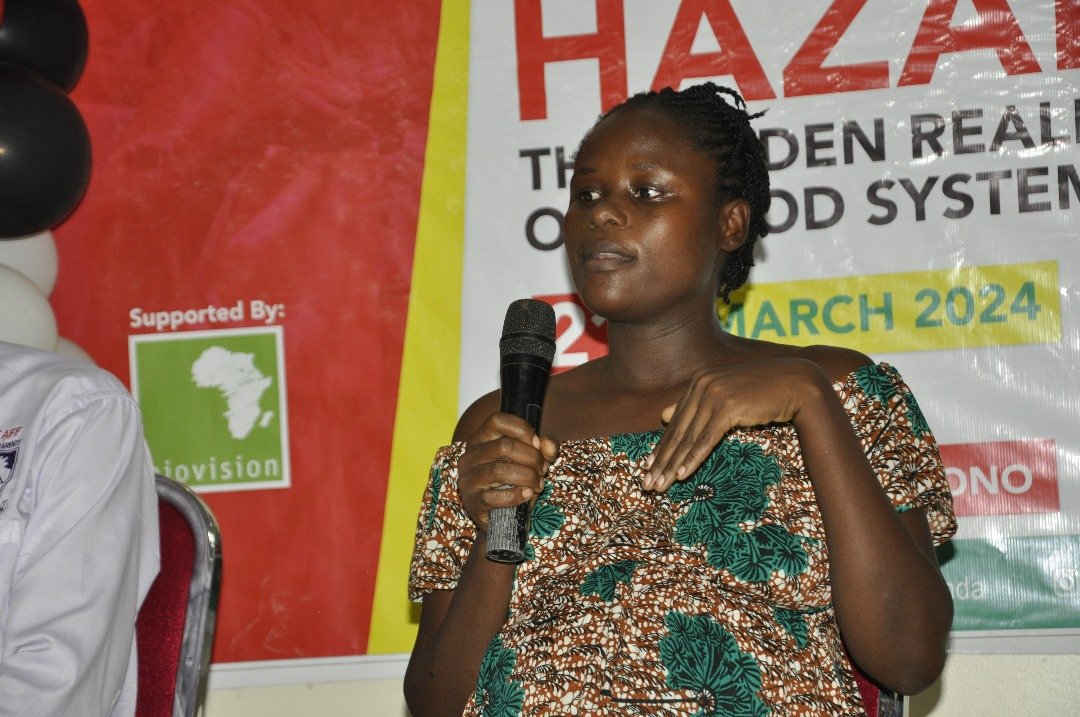SLOW FOOD UGANDA RELEASES A DOCUMENTARY TO UNCOVER THE HIDDEN REALITIES THAT MAKE OUR FOOD UNSAFE.
“Unmasked Hazards: The Hidden Realities in Our Food System” is a food safety documentary produced by Slow Food Uganda that exposes unseen food safety practices along the food value chain that harm Uganda’s food supply. The premiere, which took place on 21st March 2024, at Alvers Hotel in Mukono Town, brought together a diverse group of stakeholders, including producers, consumers, leaders, agricultural experts, traders, farmers, vendors, students, partner CSOs, journalists, among others, to have discussions on how to raise awareness about the hazards associated with food production and consumption, how they affect human health, and how to shed light on critical aspects of food safety.
Abuse of food safety culture hurts all aspects of the agri-food value chain. This has an impact on the revenue of farmers, traders, processors, vendors, the economy, and customer trust and value for money. Consuming contaminated foods can cause foodborne illnesses such as cancer which can lead to death. Unsafe food can also influence the effectiveness of medicines, nutritional benefits, and other human quality functions.
This documentary is critical for the general public to understand the reality of food safety. It also serves as an awareness tool to advocate for and implement policies that uphold the highest standards of food safety, ultimately contributing to the construction of a more secure and sustainable food system for everyone.
It is crucial to emphasize that in many low and middle-income countries, contamination of supplemental foods is a major factor that endangers the nutritional outcome of complementary feeding, owing to the prevalence of foodborne infections. In recent years, contamination has not only resulted in foodborne diseases but has also raised the dangers of non-communicable diseases, victimizing the would-be healthy population and threatening the economic growth of the country.
Agriculture is the primary sector that supports food and nutritional security as well as economic trade in Uganda; consequently, it is critical to emphasize that the safety of locally produced foods is heavily reliant on food-handling techniques from production to consumption. This means that sanitary measures throughout the food value chain must be closely adhered to reduce the likelihood of the hazards associated with consuming tainted food.
The Food Safety documentary teaches that food should be considered not only an agricultural and/or trade commodity, but also a public health issue, and thus should be integrated throughout the entire food chain, from pre-farm to fork, with all three sectors, including government, food businesses, and consumers, sharing responsibility for our food’s safety. Knowing that food safety is an important part of health-based nutrition policies, education, and awareness.
The food safety documentary drew attention from a variety of local media outlets, including Salt Media, Radio One, CBS FM, and Uganda Radio Network (URN). Among other things, it was designed to raise awareness and draw attention to both good and bad food safety measures.
The flames of the food safety documentary propel it from the aforementioned backdrop to compose the script that permitted the development of the “unmasked hazards, the hidden realities in our food system” to expose the unseen acts surrounding the food sector at all levels.
John Kiwagalo, the Head of Programs at Slow Food Uganda, confirms that the documentary was a build-up of numerous examples of foodborne infections caused by eating safe foods. “Consuming contaminated foods can cause foodborne illnesses and mortality, such as cancer. Unsafe food can also have an impact on the effectiveness of medications, nutritional values, and other quality functions in humans, according to Kiwagalo John. He also revealed that individuals, including staff members, agreed to be characters in the documentary’s production.
The documentary launch was graced by several dignitaries, including the senior district agriculture officer of Buikwe district, Kyambadde Maurice, who was among the key characters in this documentary, and the Slow Food International President, who, in his remarks, stated that this documentary veils the dangerous food behaviors around Kampala where people are selling food on the street without regard for the dust and polluted gasses produced by the many automobiles on the road. Mukiibi is especially concerned about how dangerous foods get up in schools, where they feed students and cause their deaths. “It’s sad that we’re rearing a dying generation after killing the previous generation. “Parents should be concerned about the quality of food that schools are feeding our children, which is causing widespread food poisoning, victimizing our children, and predisposing them to foodborne diseases,” stated Edward Mukiibi. He, therefore, urged all health officers to always examine the food served in all schools nationally and reminded the public about the dangerous use of transformer oils in our food, noting that many Ugandans are now using transformer oils to fly food on Kampala’s streets serve as a breeding ground for cancer.
Maurice Kyambadde, the senior District Agriculture Officer for Buikwe District, was overjoyed and thanked Slow Food Uganda for assisting the government in educating people. He noted how Slow Food Uganda assisted Buikwe District in passing a food and environmental conservation ordinance. He also reminded the public that persons who use transformer oils are said to soften the harsh cons, which requires further examination. People should use caution while purchasing these things and, if possible, make them at home. He urged all stakeholders to collaborate and educate the public about food safety to adapt to change, since knowledge and awareness may lead to better systems.
During the launch, the audience praised the documentary’s use of art to highlight the realities that exist behind the scenes in the food sector. They expressed a desire to collaborate with Slow Food to promote awareness about food safety at all levels.
Finally, the documentary will provide a forum for food lovers to engage in thought-provoking discussions and develop a better knowledge of the challenges and opportunities required to ensure the safety of our food. It is also designed to provide individuals with the information and insights required to advocate for and implement practices that uphold the highest standards of food safety, ultimately contributing to the construction of a more secure and resilient food system.

